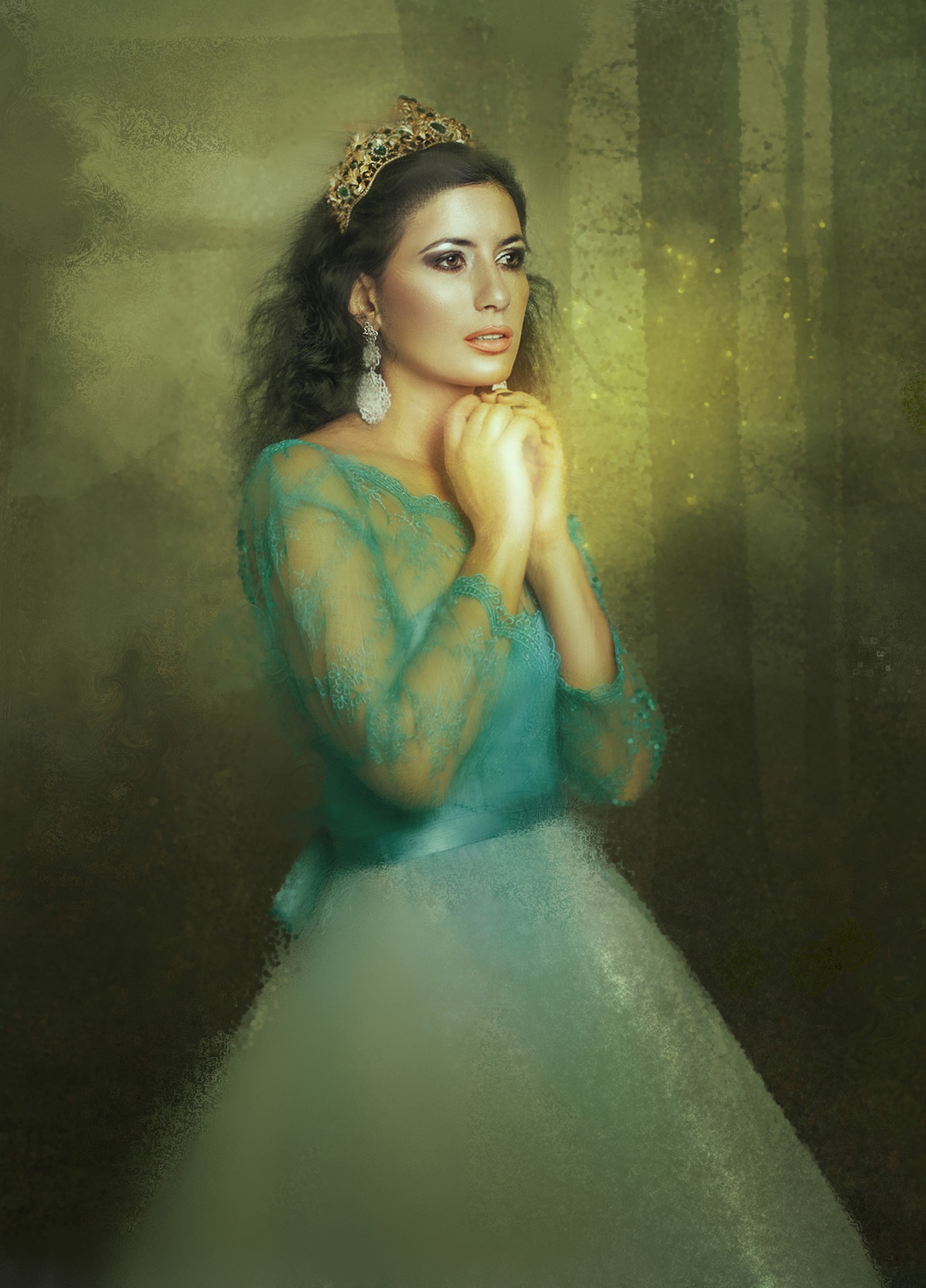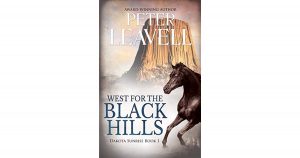by Peter Leavell, @PeterLeavell
Research is a kingly or queenly quest. You’re the hero in a foggy hallway filled with doors. You open one at a time to see what secrets are hidden.
Eventually, you discover a golden crown. Yet, as you pick up the crown and set it on your head, you notice a new hallway with more doors promising more riches. Perhaps you’ll find the cape and scepter.

These three tips will help your research journey. And soon, you’ll be king or queen of all sorts of interesting facts for your novel.
Obsession. Fifteen years ago, a friend decided to write a book on a single person from the Civil War. She’s researched him every day. She spends the summers traveling to museums, libraries, and people’s homes digging into his past. She’s finally comfortable to start writing. I love that obsession—she’s going to have an amazing work when finished.
Key Takeaway: Obsession gives strength, courage, and drive when most humans give up.
Organization. When organizing research, trial and error are key. What works best with how your brain functions? Do you write down facts on paper or keep them on your computer? Do you keep your research in a file? Or online folders? By investing in organization for your research, you will save yourself the tragedy of not finding the key elements you need in your novel. There’s no right answer.
Key Takeaway: Be prepared to invest time and money (a kingly amount of coinage) in organization. You have my permission.
Historical Job. Many readers want historical accuracy. I get it. You are the historian, it’s your job to get it right. But there’s a catch. You’re drawing on facts, sometimes built on shaky evidence in diaries and newspapers that contradict. By simply choosing historical facts for your novel, you are interpreting history. Interpreting history is okay! As a historical fiction writer, it’s your job, nay, duty, to portray history in a way that will foster love, respect, and curiosity of the past. Some creative license is allowed, bound to what facts you choose to use.
Key Takeaway: You are an ambassador for history. Act accordingly.
Bonus Tip— Romance. Romance is an excellent example of adding today’s cultural lens into what happened in the past. For various reasons, romance in the past was different than today (read Ovid, Freud, Foucault, and more). Yet, romantic flair in historic novels reflects today’s values and interests. In other words, we’re putting our values into the past. That’s not a bad thing. Why?
In Christian fiction, for example, romantic historical novels give Christians a positive, safe place to express their romantic needs, giving women a voice in which to talk to one other. Women nurture by showing examples of good relationships and loving friendships without males dictating her needs and wants. In other words, Christian women use historical fiction to teach godly morals and relationships.
Key Takeaway: Historical fiction is more than just a story that takes place in the past. It is a valuable expression of how we see the world today and interpret the past.
Philip Anderson keeps his past close to the vest. Haunted by the murder of his parents as they traveled West in their covered wagon, his many unanswered questions about that night still torment him.
His only desire is to live quietly on his homestead and raise horses. He meets Anna, a beautiful young woman with secrets of her own. Falling in love was not part of his plan. Can Philip tell her how he feels before it’s too late?
With Anna a pawn in the corrupt schemes brewing in the nearby Dakota town, Philip is forced to become a reluctant gunslinger. Will Philip’s uncannily trained horses and unsurpassed sharpshooting skills help him free Anna and find out what really happened to his family in the wilderness?

Peter Leavell, a 2007/2020 graduate of Boise State University with a degree in history and a MA in English Literature, was the 2011 winner of Christian Writers Guild’s Operation First Novel contest, and 2013 Christian Retailing’s Best award for First-Time Author, along with multiple other awards. An author, blogger, teacher, ghostwriter, jogger, biker, husband and father, Peter and his family live in Boise, Idaho. Learn more about Peter’s books, research, and family adventures at www.peterleavell.com

